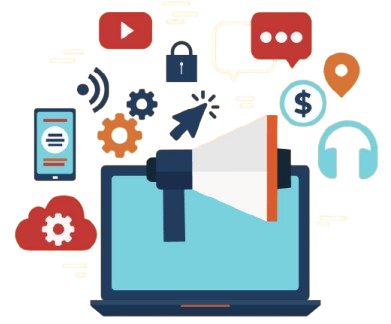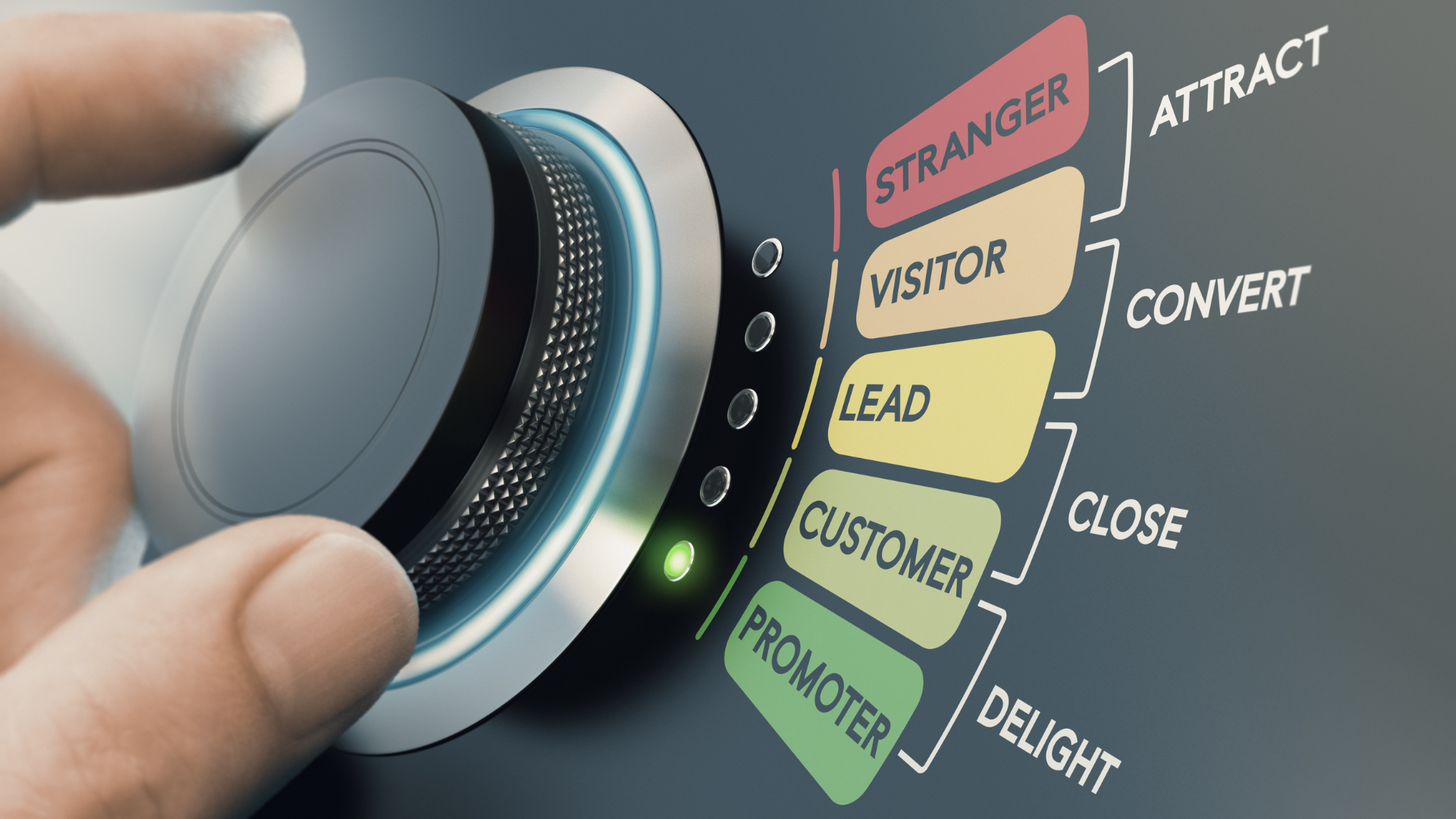C++ Programming
In this class, you'll learn how to write programs using C++, one of the most powerful and widely used programming languages in the world. We'll start with the basics—like variables, loops, and functions and work our way up to more advanced topics like object-oriented programming.
No prior experience? No problem. Whether you're a complete beginner or just brushing up, this course will guide you step-by-step. Get ready to build real programs and develop solid coding skills!

Ready to take your first step into the C++ programming world?
In this course, we’ll also explore how C++ programming differs from other languages and why it provides greater control over system resources, enhanced performance, and more flexibility for developers.
What Will You Learn?

Basic Syntax and Structure

Control Flow

Functions and Modular Programming

Object-Oriented Programming (OOP)

Memory Management

Data Structures

File Handling

Debugging and Error Handling
Course Content
Class 1: Introduction and Setup
- Installing a C++ compiler and setting up your development environment.
- Writing your first C++ program and understanding basic syntax and structure.
- Introduction to comments and indentation in C++.
Class 2: Variables and Data Types
- Working with basic data types: integers, floats, characters, and booleans.
- Understanding variables, constants, and type conversion.
- Basic input and output using cin and cout.
Class 3: Operators and Expressions
- Exploring arithmetic, comparison, and logical operators.
- Writing and evaluating expressions in C++.
- Understanding operator precedence and using parentheses effectively.
Class 4: Conditional Statements
- Using if, else if, and else statements for decision-making.
- Nesting and combining conditions.
- The switch statement for handling multiple conditions.
Class 5: Loops in C++
- Understanding for and while loops for repetition.
- Loop control with break, continue, and goto.
- Practical use of loops in real-world problems.
Class 6: Practical Exercises
- Hands-on exercises to practice control flow and loops.
- Mini-project: A number guessing game or similar interactive challenge.
Class 7: Defining and Calling Functions
- Understanding function syntax, parameters, and return types.
- Function overloading and scope in C++.
- Passing arguments by value and reference.
Class 8: Built-in vs. User-defined Functions
- Common built-in C++ functions (e.g., math.h functions).
- Writing reusable functions and organizing code into functions.
Class 9: Using Libraries and Header Files
- Importing standard libraries (e.g., iostream, cmath, vector).
- Creating and using custom header files.
- Understanding the purpose of header files and the separation of declarations and definitions.
Class 10: Arrays and Strings
- Creating and working with arrays in C++.
- String manipulation using character arrays and the C++ string class.
- Multi-dimensional arrays.
Class 11: Pointers and Dynamic Memory
- Introduction to pointers and memory addresses.
- Dynamic memory allocation using new and delete.
- Understanding pointer arithmetic.
Class 12: Working with Containers
- Introduction to the C++ Standard Library (STL).
- Using vector, map, set, and other STL containers.
- Iterating over containers and performing common operations.
Class 13: Error Handling
- Using try, catch, and throw for exception handling.
- Common C++ exceptions and debugging techniques.
- Handling runtime errors and writing robust programs.
Class 14: Reading and Writing Files
- Opening, reading, writing, and closing files using fstream.
- Working with text and binary files in C++.
- Reading and writing CSV files.
Class 15: Practice Session
- File-based project: Log file analysis or similar.
- Hands-on practice with error handling and file I/O operations.
Class 16: Introduction to OOP
- Understanding classes, objects, and methods in C++.
- Using constructors and destructors.
- The concept of this pointer in C++.
Class 17: OOP Principles
- Exploring inheritance, polymorphism, and encapsulation.
- Using virtual functions and abstract classes.
- Overloading operators and understanding C++ class hierarchies.
Class 18: OOP Mini Project
- Creating a class-based program (e.g., inventory system or student management system).
- Organizing code with OOP principles for better design and scalability.
Class 19: Popular C++ Libraries
- Introduction to C++ libraries like Boost, Eigen, and OpenCV.
- Basic data analysis and visualization libraries in C++.
- Using third-party libraries for enhanced functionality.
Class 20: Final Project Work
- Choose and begin work on your final project.
- Apply everything you’ve learned by building a more complex C++ program (e.g., game, simulation, or utility).
Class 21: Project Presentation and Course Wrap-up
- Present your final project to the class.
- Discuss challenges, solutions, and lessons learned.
- Review key concepts and next steps for further learning.
Power BI Tutorial for Beginners
- 23 Lessons
- 0 Students
Power BI Tutorial for Beginners
Unlock the power of data with this beginner-friendly Power BI tutorial! Learn how to connect data sources, create stunning visualizations,...
- 23 Lessons
- 0 Students
Big Data with Apache Spark and AWS: A Powerful Combination
- 17 Lessons
- 0 Students
Big Data with Apache Spark and AWS: A Powerful Combination
Big Data with Apache Spark and AWS offers a powerful solution for processing massive datasets efficiently. Apache Spark is a...
- 17 Lessons
- 0 Students
Figma Crash Course: Learn UI Design Step-by-Step
- 9 Lessons
- 0 Students
Figma Crash Course: Learn UI Design Step-by-Step
Kickstart your journey into UI/UX design with this beginner-friendly Figma crash course. Whether you’re an aspiring designer, a developer, or...
- 9 Lessons
- 0 Students
Mastering Learning Strategies: Learn Faster, Retain More, and Achieve Academic Success
- 20 Lessons
- 0 Students
Mastering Learning Strategies: Learn Faster, Retain More, and Achieve Academic Success
Unlock your full learning potential with Mastering Learning Strategies! Whether you’re a student, professional, or lifelong learner, this course will...
- 20 Lessons
- 0 Students
Data Analytices
- 10 Lessons
- 0 Students
Data Analytices
Data analytics is the process of examining raw data to uncover trends, patterns, and insights that can help inform decision-making....
- 10 Lessons
- 0 Students
Python Clean Code Mastery – Modern Python
- 25 Lessons
- 0 Students
Python Clean Code Mastery – Modern Python
Python Clean Code Mastery – Modern Python” is a hands-on course designed to help developers write clean, efficient, and professional...
- 25 Lessons
- 0 Students
Building a Wallpaper App with Kotlin and Firebase
- 5 Lessons
- 0 Students
Building a Wallpaper App with Kotlin and Firebase
Building a Wallpaper App with Kotlin and Firebase In this tutorial, you’ll learn how to build a dynamic and engaging...
- 5 Lessons
- 0 Students
Nonverbal Communication – The Ultimate Body Language
- 26 Lessons
- 0 Students
Nonverbal Communication – The Ultimate Body Language
Nonverbal Communication – The Ultimate Body Language” is an insightful guide into the powerful world of body language and its...
- 26 Lessons
- 0 Students











